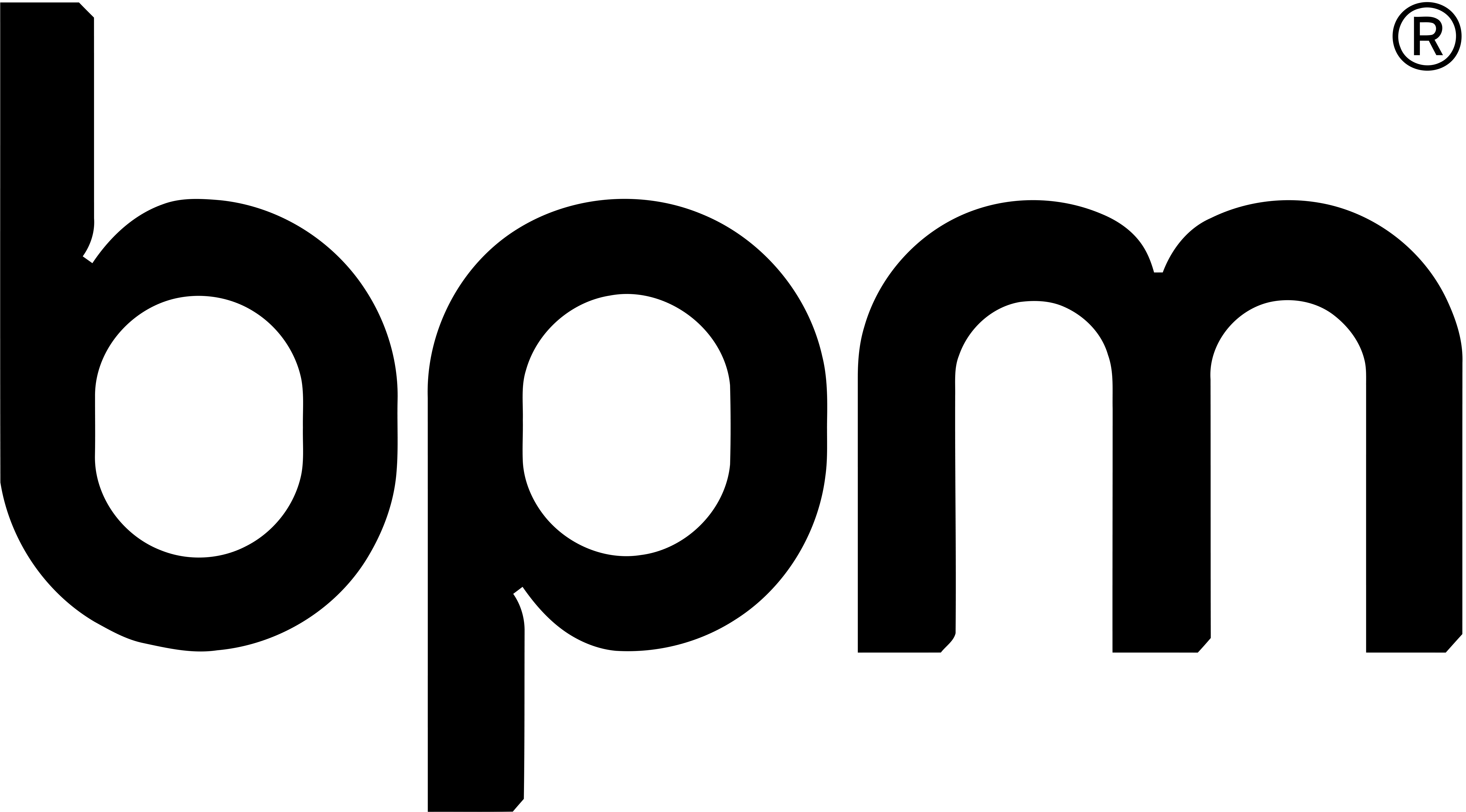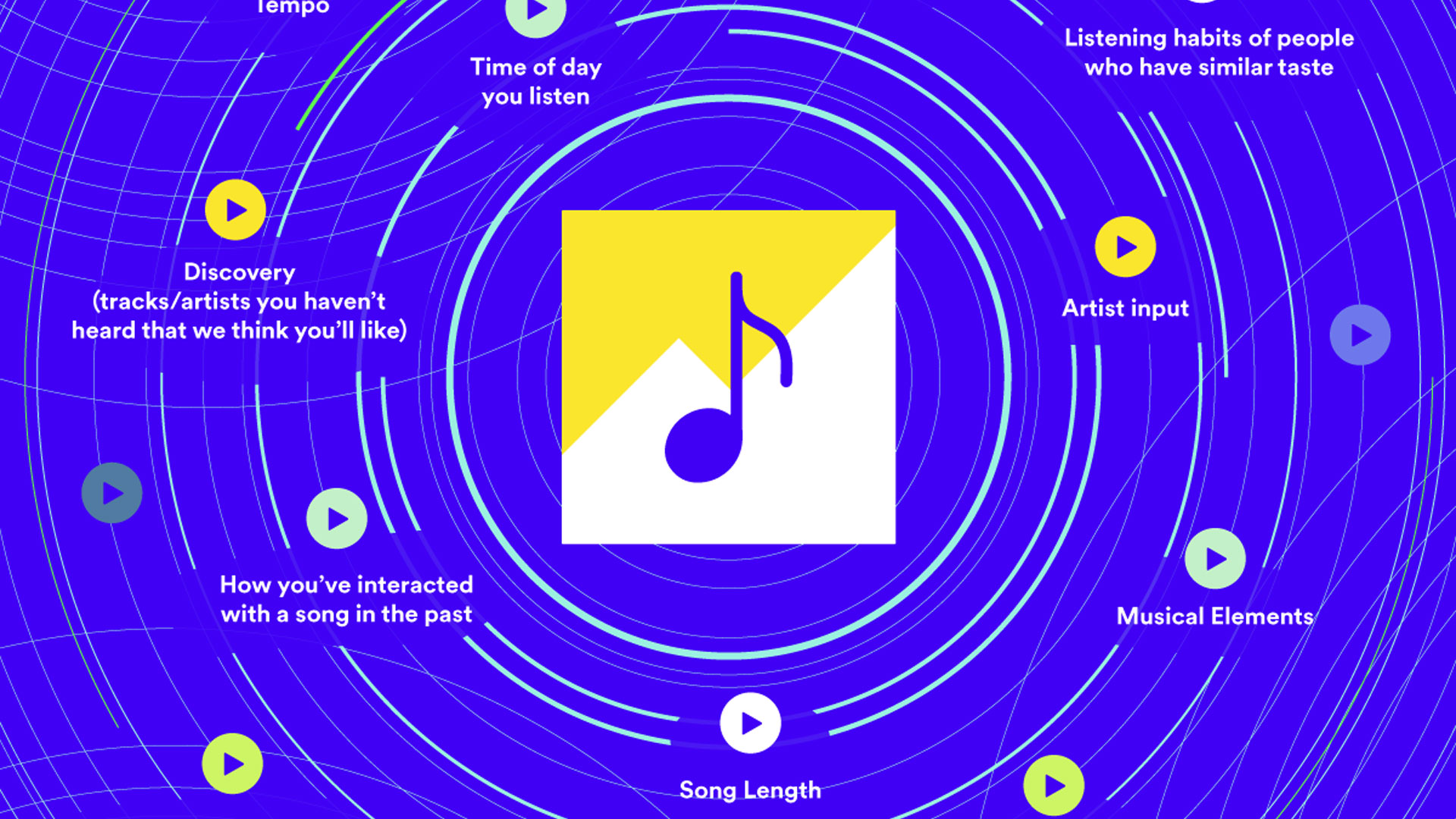Spotify stated that this new “Personalized Recommendations” will offers artists & labels more opportunities to connect with new listeners.
In a press release issued November 2, Spotify has announced a new feature for artists and labels seeking to increase exposure, a new function that will allow music creators to boost their visibility through “Personalized Recommendations”, a new Spotify’s algorithmic promotion tool.
” In this new experiment, artists and labels can identify music that’s a priority for them, and our system will add that signal to the algorithm that determines personalized listening sessions.
This allows our algorithms to account for what’s important to the artist—perhaps a song they’re particularly excited about, an album anniversary they’re celebrating, a viral cultural moment they’re experiencing, or other factors they care about. “
– Spotify
Get more visibility = Get less royalties
While Spotify explained that the feature won’t require any immediate upfront costs, it’s because it will only be available in exchange for lowered royalty payments as they stated :
” Labels or rights holders agree to be paid a promotional recording royalty rate for streams in personalized listening sessions where we provided this service.” Furthermore, the press release adds that accepting these new terms “won’t guarantee placement to labels or artists. “
– Spotify
Spotify was already under fire from many artists who demand better remuneration per stream, and more recently from a petition initiated by the Union of Musicians and Allied Workers.
Founded in the United States last March, the UMAW appealed to the attention of Spotify by listing a whole series of concrete demands as compensation at 1 dollar by stream, “User centric payment system” (distribution of income based on actual listening to users), mention of all credits in the recordings and a greater transparency in the contracts that unite the record companies to the platform.
” Music workers create all of the enormous wealth Spotify accumulates for its CEO, its investors, and the major labels. But we artists continue to be underpaid, misled, and otherwise exploited by the company. As Spotify’s valuation soars, we have seen no increase in our streaming payments.
The company’s closed-door contracts and payola schemes ensure that only musicians already on top with extensive resources can succeed on the platform.
As COVID 19 economically devastates music workers everywhere, it’s even clearer that Spotify’s existing model is counter to the needs of the vast majority of artists. “
– Union of Musicians and Allied Workers
The curation issue
But beyond this new service, there is the curation issue. While we have never had access to so much music online, we have never listened to the same music so much as shown into our article Only 1% of artists represent 90% of listenings on streaming plateforms.
Despite a diagram (see below) supposed to present the decision biases of the algorithm, it can be worrying to think about the effects of this option on the quality and relevance of the tracks suggested through “Personalized Recommendations” & therefore the consequences in terms of curation on the platform.
Spotify Personalized Recommandations diagram. 2020 – Credits : Spotify
Will this increase the number of songs listened to on the platform? And thus open people up to more new music or – on the contrary, will it lock listeners in a bubble by only suggesting songs that are supposed to please them without diversifying the results? Impossible to say !
But the arrival of a promotional tool misrepresented as a “personalized recommendation” adds further confusion to people. Because no one today knows how Spotify’s algorithm works :
” This might sound complicated—and it is! Our personalized recommendations take into account thousands of types of signals: what you’re listening to and when, which songs you’re adding to your playlists, the listening habits of people who have similar tastes, and much more.
In order to create algorithms that truly deliver the right song for the right time, we’re also taking into account less obvious factors: things like time of day, or the order in which you’re listening to songs or podcasts, or the release date of a song. “
– Spotify
For the moment it’s impossible to say whether this new option offered by the streamin platform will be a real effective promotion tool for artists & labels or simply a biased system dedicated to lowering the royalties paid by the Swedish giant.


